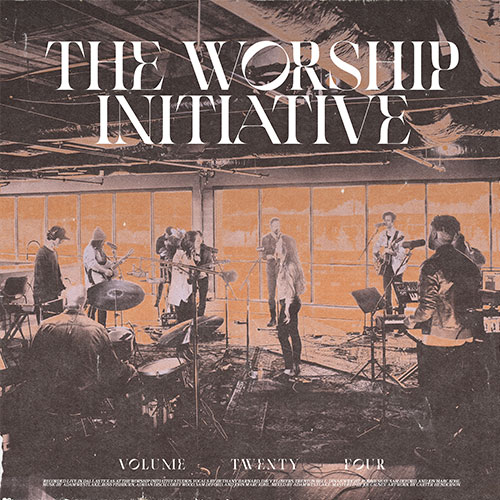
Leeland
Wait For You
Wait For You
Who among you fears the Lord and obeys the voice of his servant? Let him who walks in darkness and has no light trust in the name of the Lord and rely on his God. (Isaiah 50:10)
It can feel like the most bewildering experience in the world. For a time — weeks, months, perhaps even years — you walk in the light of God’s favor and steadfast love. You move through your days with a song in your heart. Life may not be simple or easy, but you know your God is there, making his face to shine upon you.
And then one day, you wake up to find him gone. Or so it feels, at least. Your sense of his presence disappears, your song goes silent, your prayers and pleas for mercy seem to sink into the ground. As if nightfall suddenly overtook the noonday sun.
Some call it “the dark night of the soul,” others “spiritual depression.” Not all Christians find themselves waiting for God in such shadows. But many of those who do have endured by heeding the words of the prophet Isaiah: “Who among you fears the Lord and obeys the voice of his servant? Let him who walks in darkness and has no light trust in the name of the Lord and rely on his God” (Isaiah 50:10).
Walking in Darkness
When I first read Isaiah 50:10 as a young Christian, stumbling around in a baffling, unforeseen darkness, I stared in wonder. I had assumed my experience was unique. I had feared I was the only one. But here, in God’s holy word, was an almost startling statement: God’s people sometimes walk in darkness and have no light.
If someone invites you to their home, and tells you to expect straight, bright roads on the way, then you become troubled when your car enters a winding road in a dark forest. You think you must have taken a wrong turn somewhere. But if the host says, “You must pass through the forest,” then you still may not enjoy your road, but you also may not wonder if you are on the wrong one.
Many young Christians venture toward heaven expecting to always walk in light and have no darkness. But here, the Host of heaven warns us that we may encounter just the opposite. We may carefully keep to our way, we may take all the right paths, we may fix our eyes on the destination — and still we may find yourself, at times, wandering through a moonless midnight.
And how do we make it through? Isaiah tells us, “Trust in the name of the Lord and rely on [your] God.”
Trust in Him Still
Thomas Goodwin, a seventeenth-century English Christian, spoke often of the experience of Isaiah 50:10. “A child of light walking in darkness,” he called it. He describes what it looks like to go on trusting God in such darkness:
Thou mayest safely and confidently trust in and stay upon the name of God when thou hast nothing else to rest upon. . . . [Consider] what a God he is, and what he says of himself, of his mercy and kindness, and free grace towards sinful men. (The Genius of Puritanism, 110)
In an act of unspeakable goodness, God has revealed his name to us, his people. First at Sinai: “The Lord, the Lord, a God merciful and gracious, slow to anger, and abounding in steadfast love and faithfulness” (Exodus 34:6). Then at Nazareth: “You shall call his name Jesus, for he will save his people from their sins” (Matthew 1:21).
Merciful, gracious, patient, loving, faithful, saving. This is who our God is, even if a sky of thunderclouds blackens the light of his face. Darkness may have fallen, but he has not changed. Above these clouds, the wonder of his name still burns with the power of ten thousand suns, and will pierce through the clouds in time, if only we keep waiting and trusting.
Voice of the Servant
In the first half of Isaiah 50:10, the prophet mentions the servant of the Lord: “Who among you fears the Lord and obeys the voice of his servant?” The voice of God’s servant is none other than the voice of God’s Son, who “came not to be served but to serve” (Mark 10:45). He lifted up his voice in the synagogues and the streets, on the mountaintops and the seas, teaching, comforting, rebuking, shocking, healing.
Then one day came when he lifted up his voice from a cross, where he hung in the darkness and had no light: “My God, my God, why have you forsaken me?” (Mark 15:34). Yet even here, he trusted in the name of the Lord and relied on his God. And three days later, the darkness disappeared forever.
However alone we may feel in the nighttime, in Christ we are never alone. He has walked a far blacker path before us. And when the time is right, he will lead us back into the light.